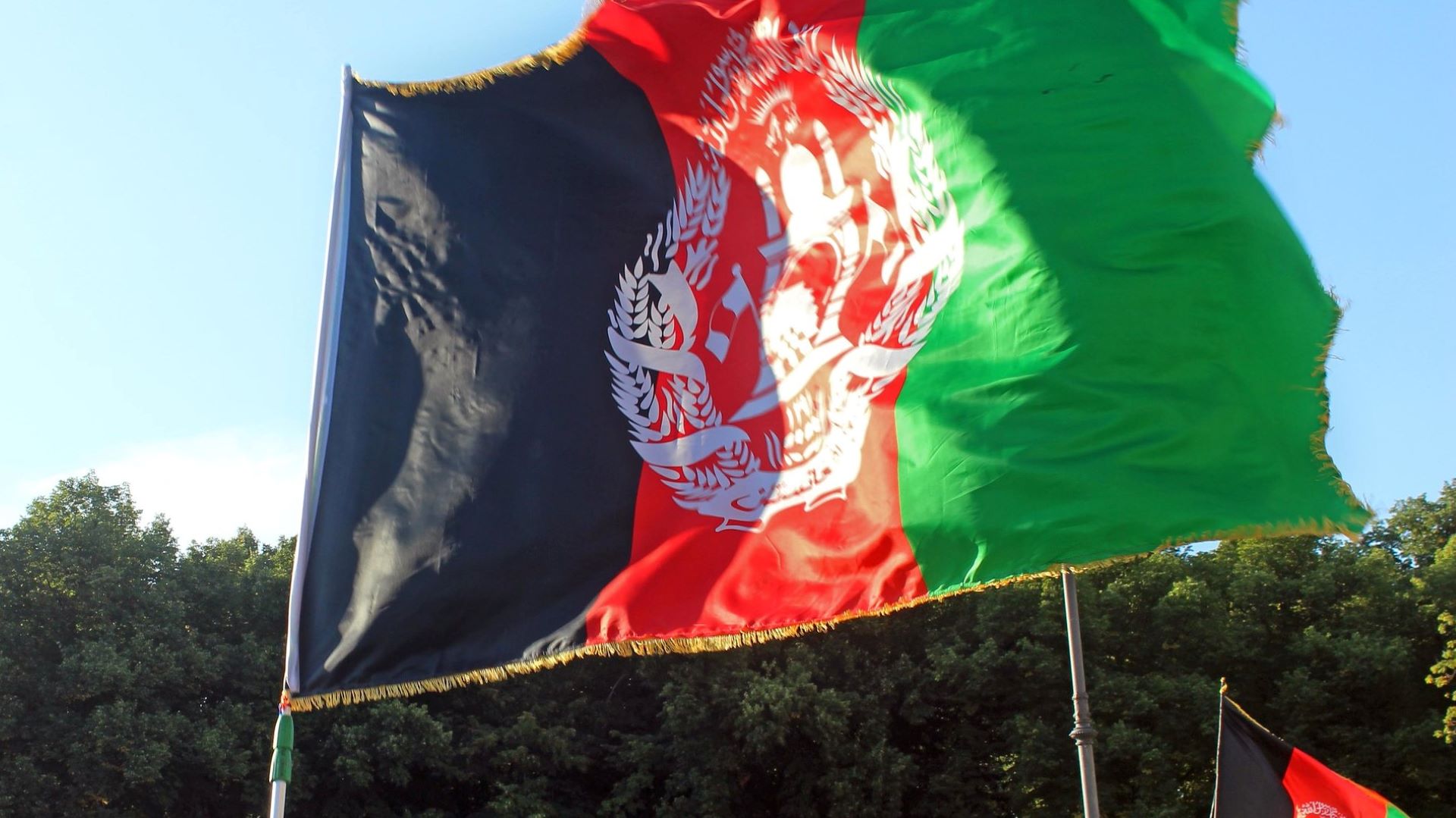An end to two decades of U.S. involvement in Afghanistan is in sight. However, the circumstances around this withdrawal amount to nothing short of a nightmare scenario for millions of Afghans who now face the prospect of another brutal Taliban regime for the foreseeable future.
With Kabul falling to the Taliban far sooner than expected and U.S. forces engaged in an evacuation operation, chaotic scenes at the airport saw Afghan civilians clinging to an American military aircraft in a desperate attempt to flee to safety.
The important questions to consider are, firstly, how the situation in Afghanistan has reached this tragic point, and secondly, what can be done to help secure the rights of Afghan citizens.
The origins of the catastrophe in Afghanistan
In 2001, the United States and its allies began military operations in Afghanistan with the aim of overthrowing the brutal Taliban regime which allowed al-Qaeda to use the country as a base of operations. Within months, this aspect of the objective was accomplished and a transitional government was formed. However, while Taliban insurgency persisted, few would have expected U.S. involvement in the conflict to continue for the following two decades.
What began as an operation to prevent Afghanistan from being used as a terrorist training ground evolved into something far more complex. New strategic goals emerged, including the highly ambitious task of creating a liberal democracy in Afghanistan. As with the conflict in Iraq, the objective became less about neutralizing a national security threat and more about nation-building.
Over the course of 20 years, the War in Afghanistan has cost the United States more $2 trillion, amounting to approximately $300 million per day. During this time, the Afghan Armed Forces received training and military assistance, with a view towards eventually assuming full responsibility for the continuing struggle against the Taliban.
Regime change wars are not conducive to long-term stability
Unfortunately, as illustrated in the Vice documentary “This Is What Winning Looks Like,” due to a range of problems including corruption, defections, and struggling morale, the Afghan Armed Forces were ultimately unable to contain the Taliban insurgency as the involvement of U.S. and NATO forces were gradually scaled back.
Afghanistan is a tragic example of how regime change wars and futile attempts at nation-building often don’t create the desired outcomes, but contribute to further human costs.
Long-term Western occupation, albeit less effective in recent years with fewer troops, has been used as a recruitment tool for the Taliban.
President Biden remains set on a complete withdrawal by August 31
Since taking office, President Joe Biden has made his intentions clear on Afghanistan. He has reiterated his intention for all U.S. troops to be withdrawn by August 31. In an address on August 16, Biden emphasized the fact that he is the fourth U.S. president to oversee the War in Afghanistan and does not want to pass on the responsibility for ending it to a fifth president.
In the same speech, the President called on the people of Afghanistan to “fight for themselves,” insisting that by now the Afghan military should have the capability to win the war. In working towards a complete withdrawal by the end of the month, U.S. forces currently aim to operate one flight per hour out of Kabul airport to evacuate all personnel.
The United States has a moral imperative to act
For the past 20 years, the people of Afghanistan were promised a safer and brighter future by placing their trust in U.S. and allied forces while assisting with the fight against Taliban insurgents.
Many chose to join the reorganized Afghan Armed Forces, while others served as interpreters or contractors, thus playing an important role throughout the conflict. As such, the U.S. and its allies have a moral imperative to ensure that Western-aligned Afghans are not abandoned in their hour of need.
The crisis in Afghanistan highlights an urgent need for immigration reform
In response to the crisis, several Western governments have made commitments to provide asylum to Afghan refugees. Notably, the Canadian government has pledged to resettle 20,000 Afghans, primarily those most vulnerable to persecution, and the United States is to increase the number of Afghan refugees admitted, with a focus on those who assisted in the war effort.
However, these efforts will be insufficient in mitigating the suffering of a nation of over 30 million people. Regardless of politics or ideological affiliation, the Taliban’s return to power is particularly disastrous for women and girls in Afghanistan.
Taliban rule represents fundamentalist totalitarianism, whereby women and girls are subject to abduction and forced marriages, barred from education, and denied basic human rights.
Governments restricting immigration from Afghanistan in any way will undoubtedly result in widespread suffering. No one should be compelled to remain in a hostile environment where there is a serious threat to their life, liberty, and property, as is now the case for millions of people in Afghanistan.
At this point, the single most impactful change that could be made would be to relax visa requirements and allow any Afghan citizen who does not wish to live under the Taliban’s brutal regime to instead pursue a freer future elsewhere.
To read more about politics and current events, be sure to check out our cluster page by clicking on the button below.
This piece solely expresses the opinion of the author and not necessarily the organization as a whole. Students For Liberty is committed to facilitating a broad dialogue for liberty, representing a variety of opinions. If you’re a student interested in presenting your perspective on this blog, send your piece to [email protected], and mention SFL Blog in the email subject line for your chance to be published and be seen!









